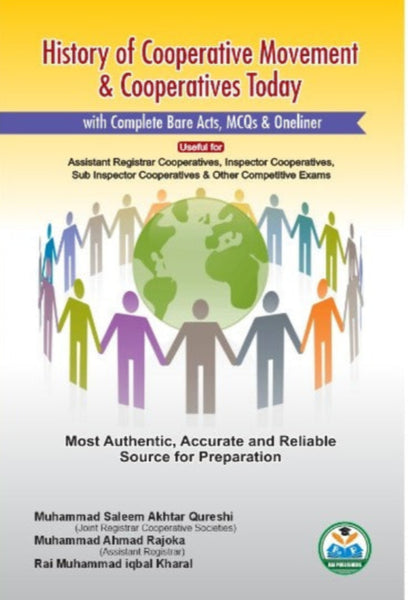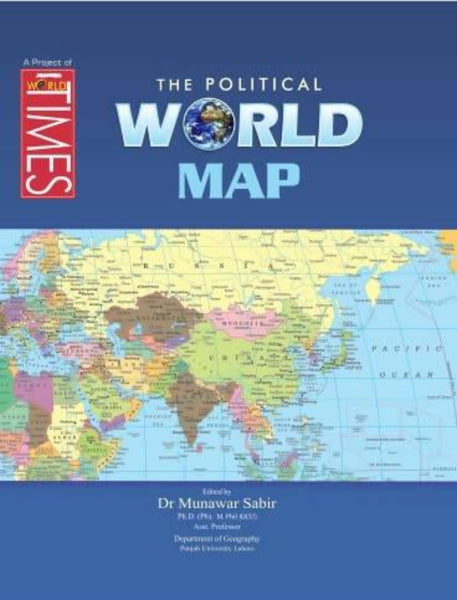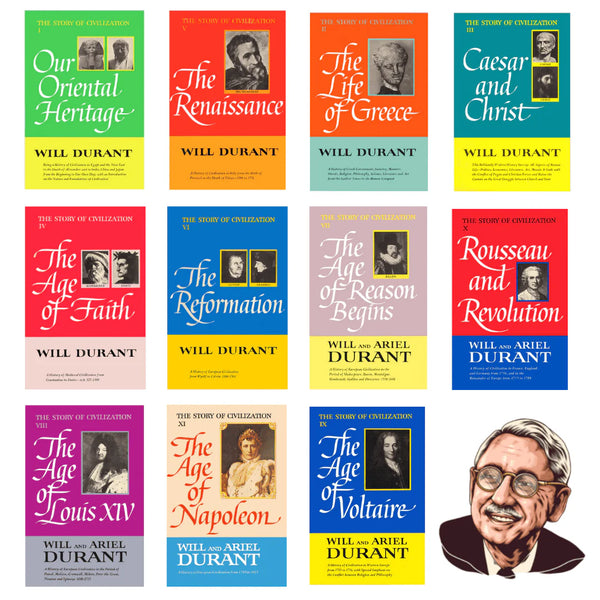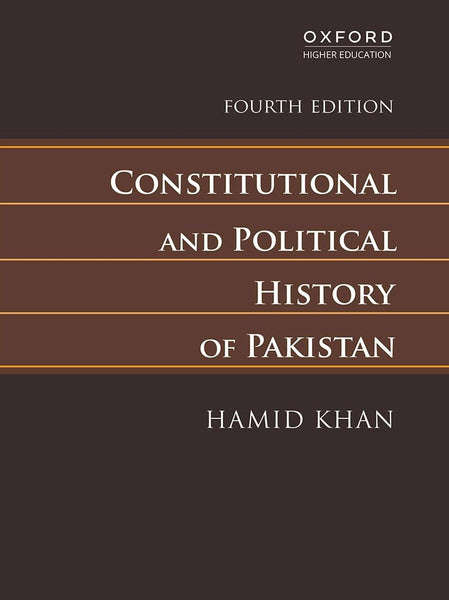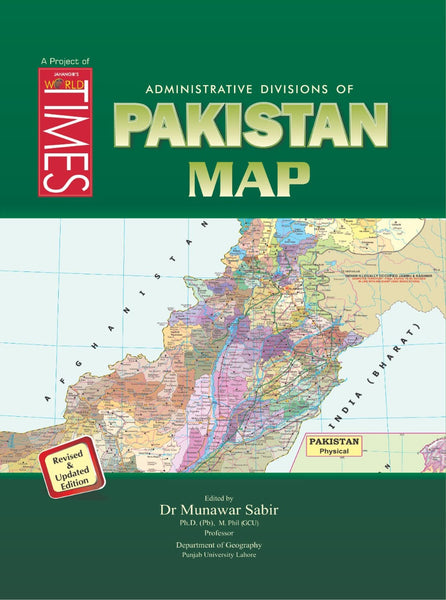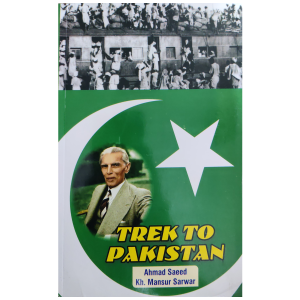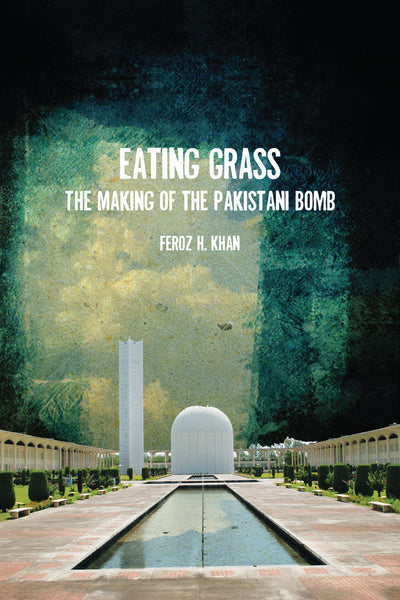Bartanavi Hindustan Volume Three Dr Mubarak Ali
- Publisher: Tareekh Publications
- Availability: In Stock
- SKU: 47464
Rs.210.00
Rs.300.00
Tags: Alternative futures , Analysis , Anti-colonial movements , Artists , Bartanavi Hindustan , Best Price , Best Selling Books , British East India Company , British imperialism , British rule , Civil disobedience , Colonial expansion , Colonialism , Communal tensions , Critique of colonialism , Cultural transformation , Decolonization , Divide and rule , Dr. Mubarak Ali , Economic disparities , Economic exploitation , Governance , Independence , India , Indian history , Indian Rebellion of 1857 , Indigenous institutions , Intellectual activity , Intellectual renaissance , Legacy of colonialism , Linguistic divisions , Literary renaissance , Mahatma Gandhi , Mass movements , Nationalism , Pakistan , Partition , Political resistance , Post-colonialism , Regional divisions , Religious divisions , Research , Resistance movements , Scholarship , Social transformation , Socio-cultural , Socio-economic dynamics , South Asian history , Subcontinent , Subcontinental history. , Territorial expansion , Traditional society , Volume Three , Western education , Writers
Bartanavi Hindustan Volume Three, authored by Dr. Mubarak Ali, provides a profound exploration of the British rule in the Indian subcontinent. Delving into the socio-political landscape of the time, Ali meticulously examines the impacts, legacies, and resistance against British imperialism, offering a comprehensive narrative that encompasses the complexities and nuances of this significant historical period.
Key Points:
-
Colonial Expansion: The British East India Company's initial forays into trade eventually led to territorial expansion and direct colonial control over vast regions of the Indian subcontinent.
-
Economic Exploitation: The colonial administration systematically exploited India's resources and economy, leading to impoverishment of local populations while enriching the colonial powers.
-
Social and Cultural Transformation: British rule brought significant social and cultural changes, including the introduction of Western education, legal systems, and governance structures, which reshaped traditional Indian society.
-
Resistance Movements: Throughout the colonial period, various forms of resistance emerged, ranging from armed uprisings like the Indian Rebellion of 1857 to nonviolent protests led by figures such as Mahatma Gandhi.
-
Impact on Indigenous Institutions: The British undermined indigenous institutions, leading to the decline of traditional political, economic, and social systems in favor of British-centric governance structures.
-
Divide and Rule Policy: The British employed a strategy of divide and rule, exploiting existing religious, linguistic, and regional divisions to maintain control over the diverse populations of the subcontinent.
-
Formation of National Identity: The experience of colonialism fostered a sense of shared struggle and identity among diverse communities, laying the groundwork for the eventual emergence of Indian nationalism.
-
Legacy of Colonialism: The legacy of British colonialism continues to shape socio-economic and political dynamics in the region, influencing issues such as governance, communal tensions, and economic disparities.
-
Intellectual and Literary Renaissance: Despite the challenges of colonial rule, the period also witnessed a flourishing of intellectual and literary activity, with the emergence of thinkers, writers, and artists who critiqued colonialism and envisioned alternative futures.
-
Path to Independence: The struggle for independence, marked by mass movements, civil disobedience, and negotiations, culminated in the partition of British India and the creation of independent India and Pakistan in 1947, marking the end of British colonial rule in the subcontinent.
In conclusion, Bartanavi Hindustan Volume Three, authored by Dr. Mubarak Ali, serves as a vital resource for understanding the complexities of British colonial rule in the Indian subcontinent, offering insights into its impacts, legacies, and the resilience of indigenous societies in the face of imperialism.
════ ⋆★⋆════
Writer ✤ Dr Mubarak Ali
Publisher ✤ Tareekh Publications



